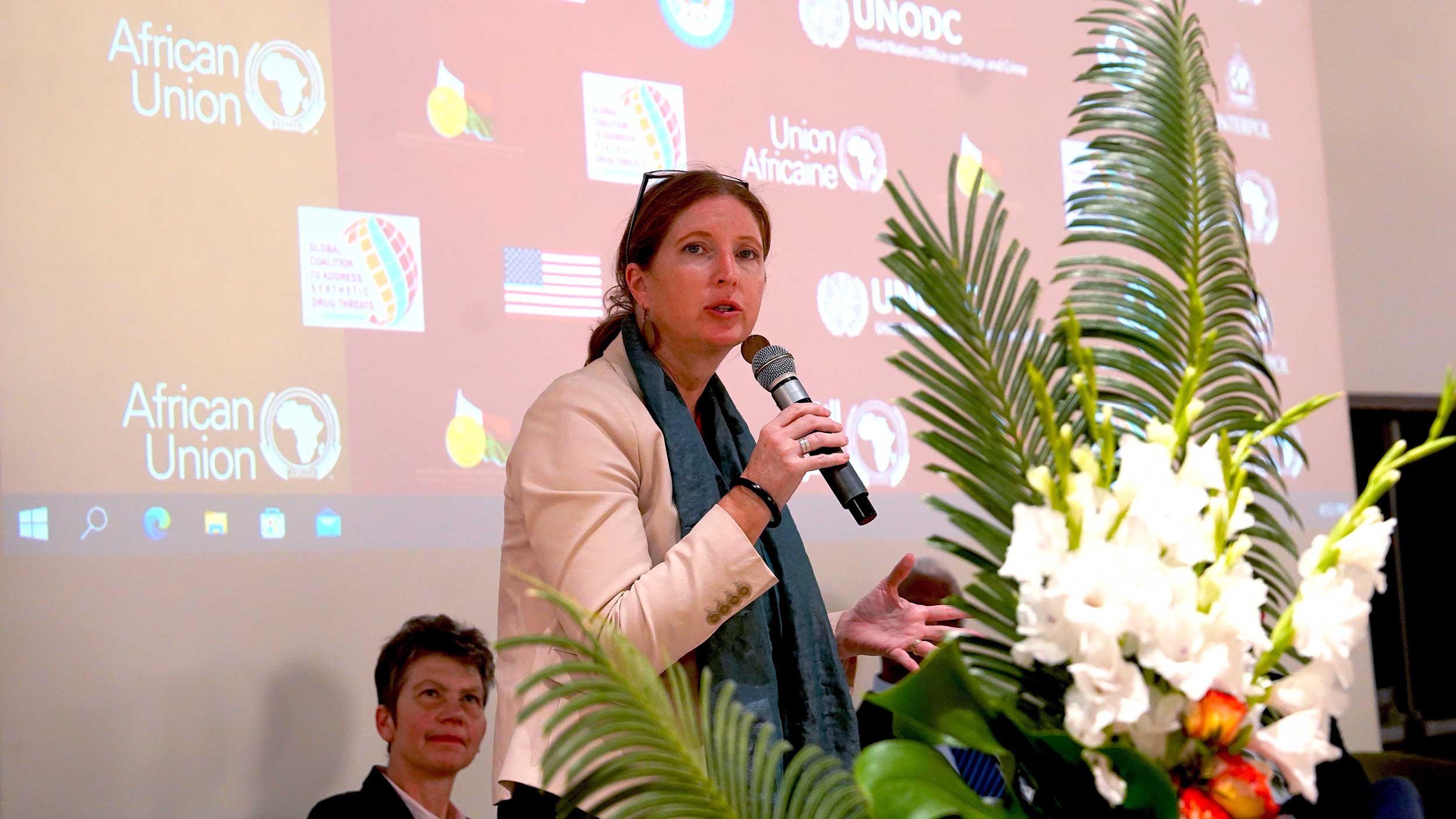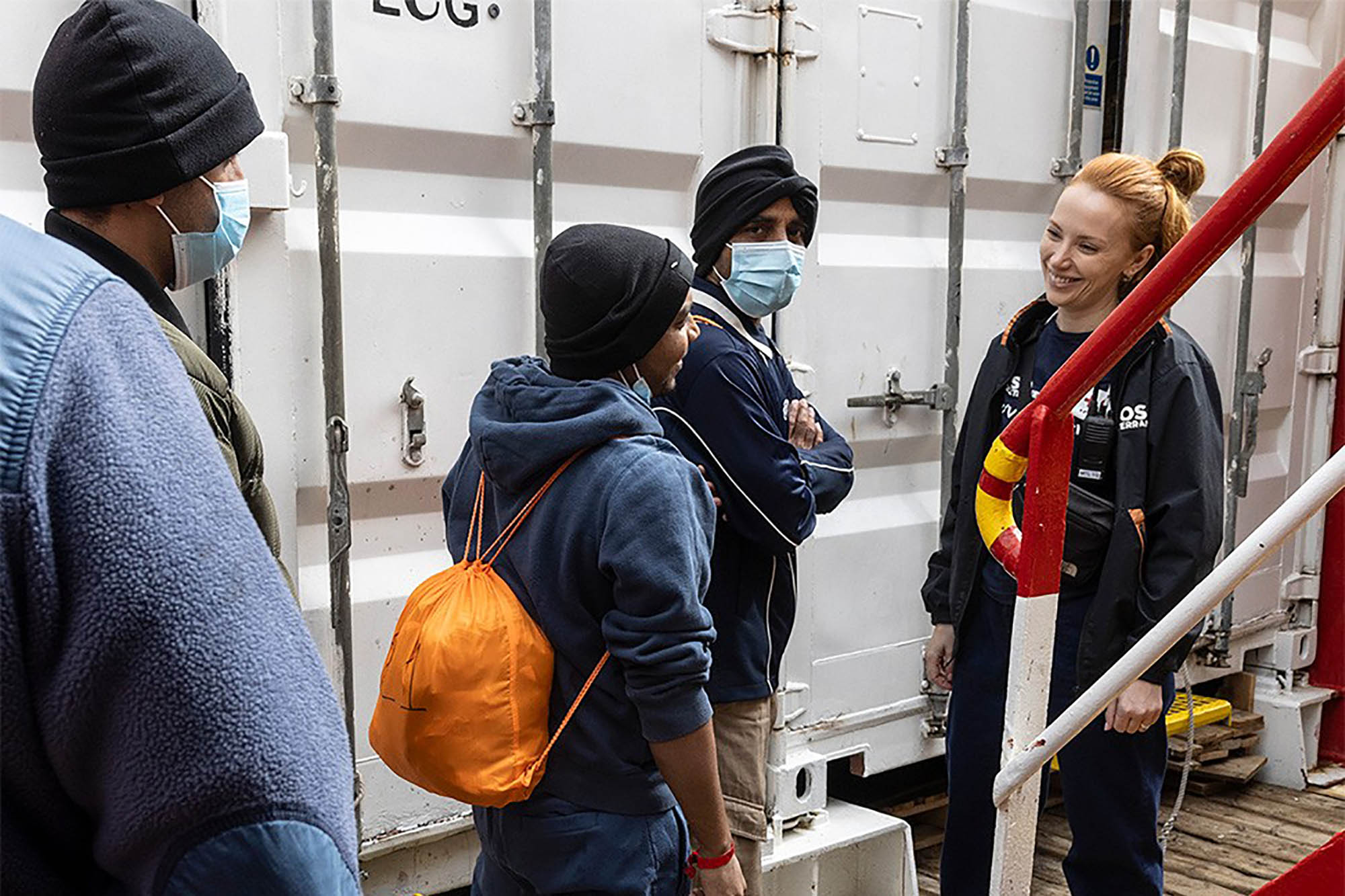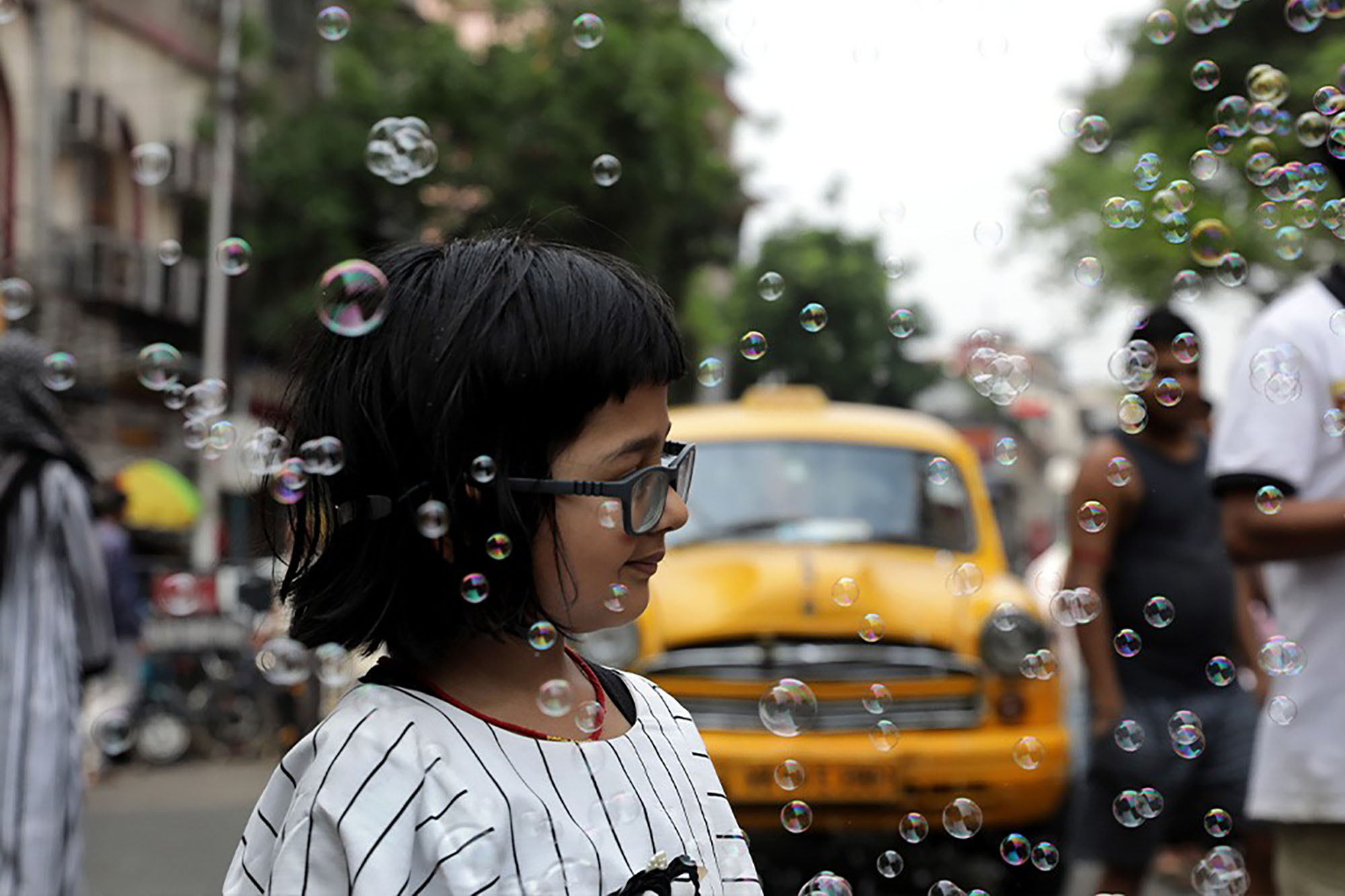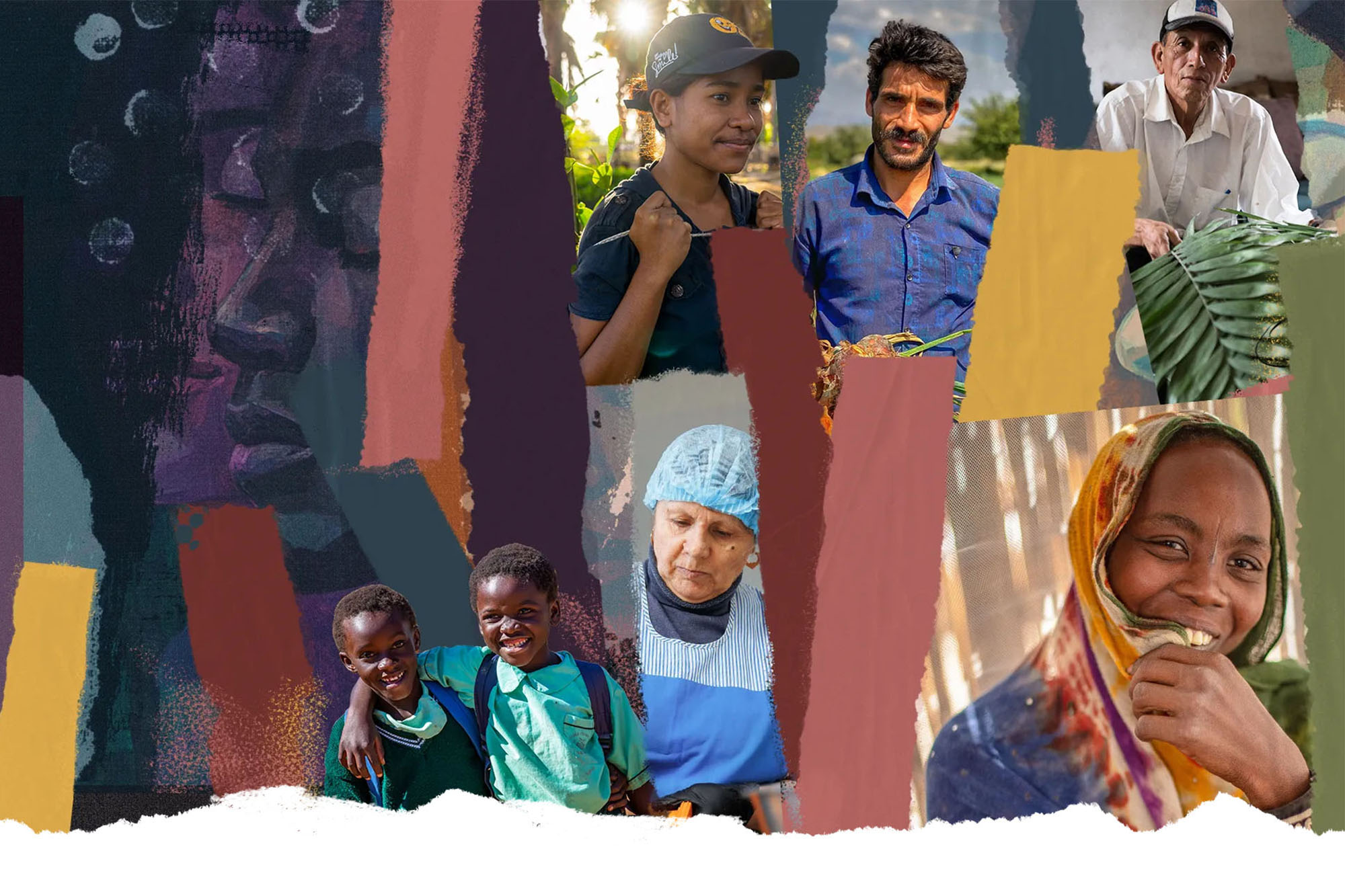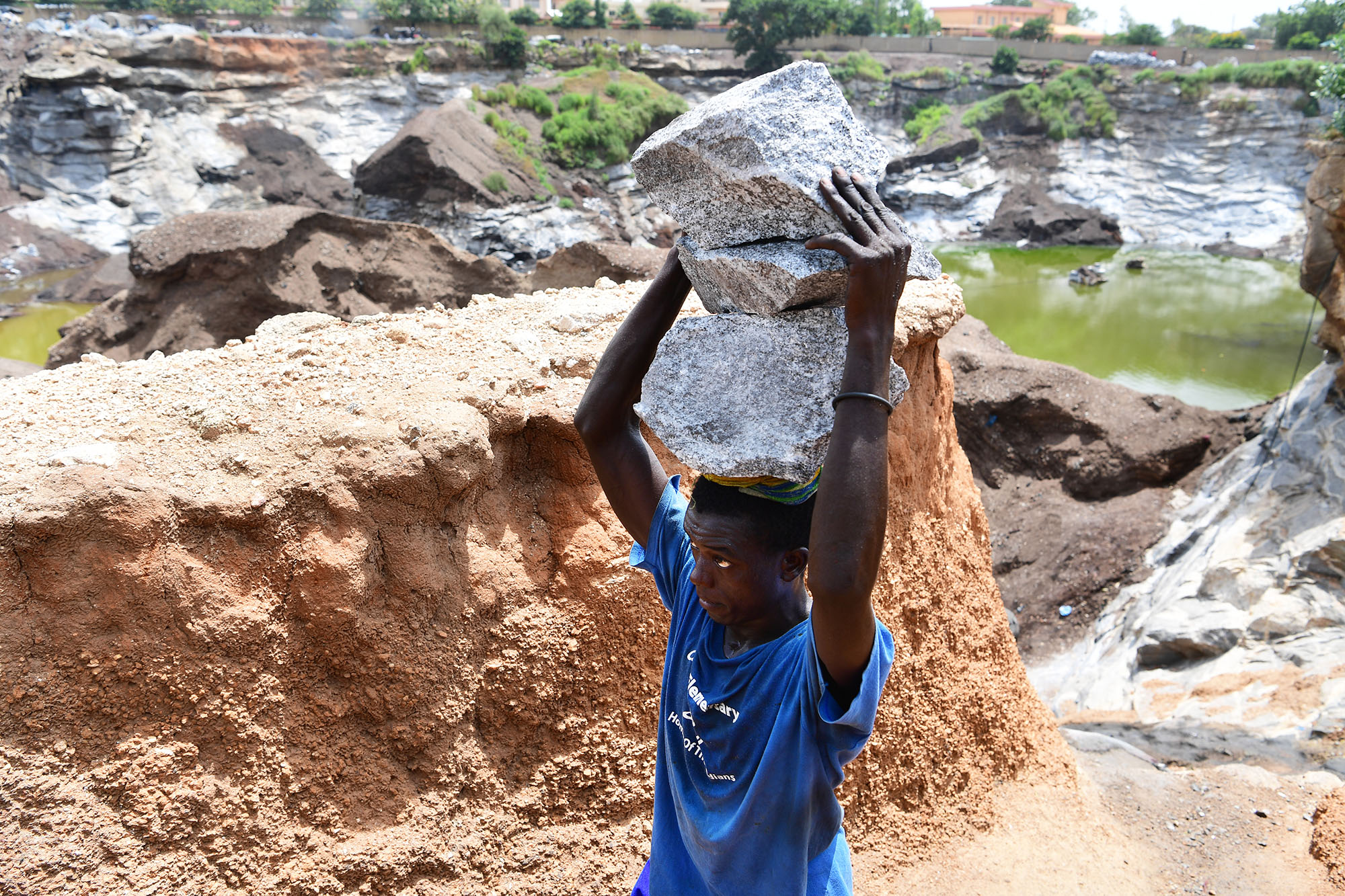"[T]his is another place where the UN can play a role in bringing that public private connectivity together"
Carmen Corbin dreamt of serving with the United Nations from an early age. Now head of Transnational Organized Crime, Illicit Trafficking and Terrorism Prevention programmes at the Office on Drugs and Crime (UNODC) in East Africa, she is dedicated to protecting children from shocking online exploitation.
“We won't know who is real and who is not real. We can't keep up. All of us, in some way, shape or form, will potentially suffer from the fact that we won't be able to trust anyone that we meet, because you're never sure if that person is truly who they say they are.”
The UNODC supports law enforcement efforts in tackling all transnational organized crime and counter terrorism, including cybercrime. In this episode, Carmen reflects on the challenges of overseeing a wide portfolio, on the psychological strain of prosecuting the worst kinds of cybercrimes and shares her advice for a successful international career.
Photo: ©Glory Ndaka

